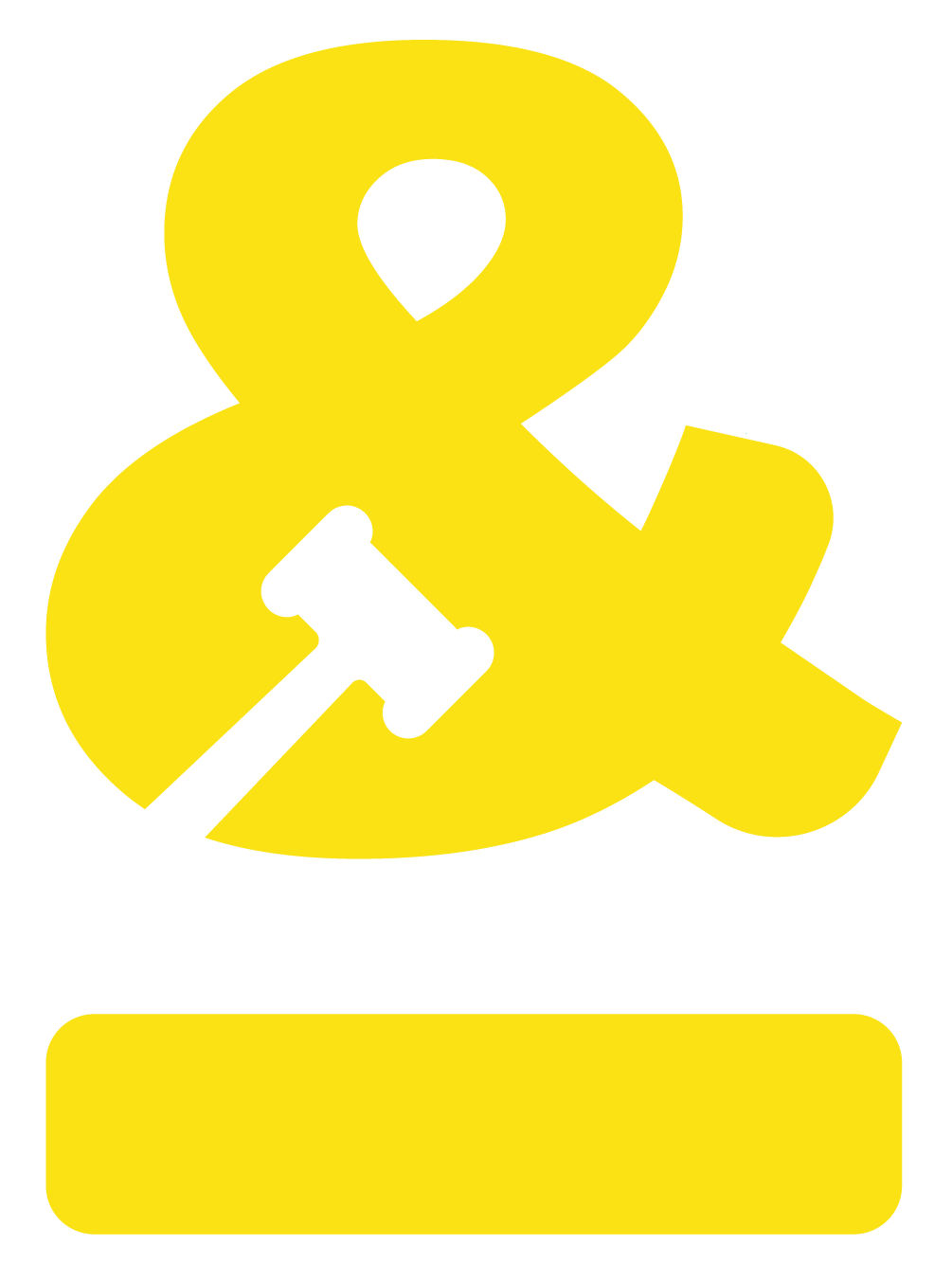Do Insurance Rates Go Up After a No-Fault Accident?
If you’re involved in an accident, you’ve probably heard that car insurance rates increase when you make a claim. The likelihood and amount in which your rates may increase, in a case where you are not at fault will vary depending on the insurance company and the circumstances. Insurance rates are determined on many different variables all of which seem to boil down to accounting for risk. So even though an accident may not be your fault, the insurance company may put you in a category of being a higher risk of being involved in an accident. There is no perfect science or calculation and insurance companies have a large amount of discretion in how they assess risk and set premiums.
If you are found to be at-fault, or more at-fault, those rate increases will likely be higher than merely filing a claim when you are not at-fault, or less at-fault. Insurance companies must maintain a “good faith” standard. That means they have to operate in the best interest of their Insureds.
With recent changes to liability laws and the current condition of insurance policies in Florida, this topic deserves another look. Let’s dig into the responsibilities of auto insurance companies and individuals in the Sunshine State.
What kind of insurance do you have to have in Florida?
Even though Florida is a no-fault state, insurance requirements are still at play. As a motorist, you’re responsible for your own damages and medical liability. In the event of an accident where you’re more than 50% at fault, you could have to pay.
Minimum Personal Injury Protection (PIP) coverage
Personal injury protection coverage is the basic level of insurance you’re required to carry. This covers a percentage of your initial medical bills and lost wages regardless of who was at-fault for the accident. The minimum coverage for this type of insurance is $10,000, although you can purchase more.
PIP typically covers 80% of medical expenses, 60% of lost wages, up to $10,000.00, or the applicable PIP maximum. The other motorist may also be liable for a percentage of your damages if they’re more than 50% at fault. You must get medical treatment with 14 days of the accident to receive PIP benefits.
Optional available insurance coverage
Other insurance options exist that you should be aware of. They include collision, comprehensive, uninsured motorist, medical payment, towing, rental reimbursement, and accidental death and dismemberment coverage.
You may need higher coverage if you don’t own your vehicle outright. Banks financing vehicles want to protect their investment. Optional coverage helps them do that.
What does Florida law state about insurance rates after an accident?
Florida Statute 626.9541 lays out the framework for what insurance companies can and cannot do when it comes to raising your rates and other subjects. Just because you were in an accident, they can’t increase your premiums unless they meet specific criteria.
Collisions fall into two categories, no-fault and substantially at fault. Each has different consequences for motorists.
After a no-fault accident
When police investigate an accident in Florida, they look for who’s at fault. Insurance companies investigate the facts surrounding the accident and also make liability determination. If neither motorist is found liable at greater than 50%, neither is to blame. In these cases, insurance companies should not raise your rates. As long as you maintain your vehicle and follow traffic laws, your car insurance premiums should stay the same, although insurance companies will usually find some loophole couched in risk to justify their position if they do raise your rates. Please note that you do not have to accept the law enforcement’s or the insurance adjuster’s liability determination. You should seek a personal injury attorney to make sure you are exhausting all your options before just accepting any other determinations.
After an accident where you were “substantially at fault”
Let’s say you are more than 50% liable for the accident. Then your insurance company would be within its rights to raise your rates. Depending on how at fault you were, the rate increase can go up proportionally.
Some insurance companies have an accident forgiveness policy. They should remove the increase after three to five years unless you’re involved in more accidents. Some companies will even decline to renew your policy after several accidents within a three-year period. Please note that this is subject to change as the insurance world continues to evolve.
How do comprehensive claims affect your insurance rate?
Insurers look at more than just one incident in determining your monthly costs. If you have a history of issues, they’re more likely to increase your rates after a comprehensive claim. An at-fault accident will almost always result in a rate hike if you’re substantially at fault. Even though they should not simply raise them if you were in a collision, they can increase them in good faith if you have a history or have a pattern of being involved in accidents or mishaps resulting in claim making.
What should you do if your rates rose after a no-fault accident?
After a no-fault accident, your rates should stay the same according to the law. But if your insurance company raises them anyway, you have some options. Increased rates after a no-fault collision could be considered bad faith and illegal. But there is a lot of gray area and leeway given to the insurance companies here, especially with the recent changes in the law during tort reform.
Call Busciglio Sheridan & Schoeb to take the case against your insurance company
Our Busciglio Sheridan & Schoeb team has decades of experience litigating car accidents and bad faith cases. As your local Tampa Bay law firm, we possess knowledge about the region that can help. Scheduling an appointment with our team is the first step in protecting your rights after an auto accident.
After an accident, your insurance company should take care, not take advantage. If you feel that isn’t the case, schedule a consultation with our team today!


